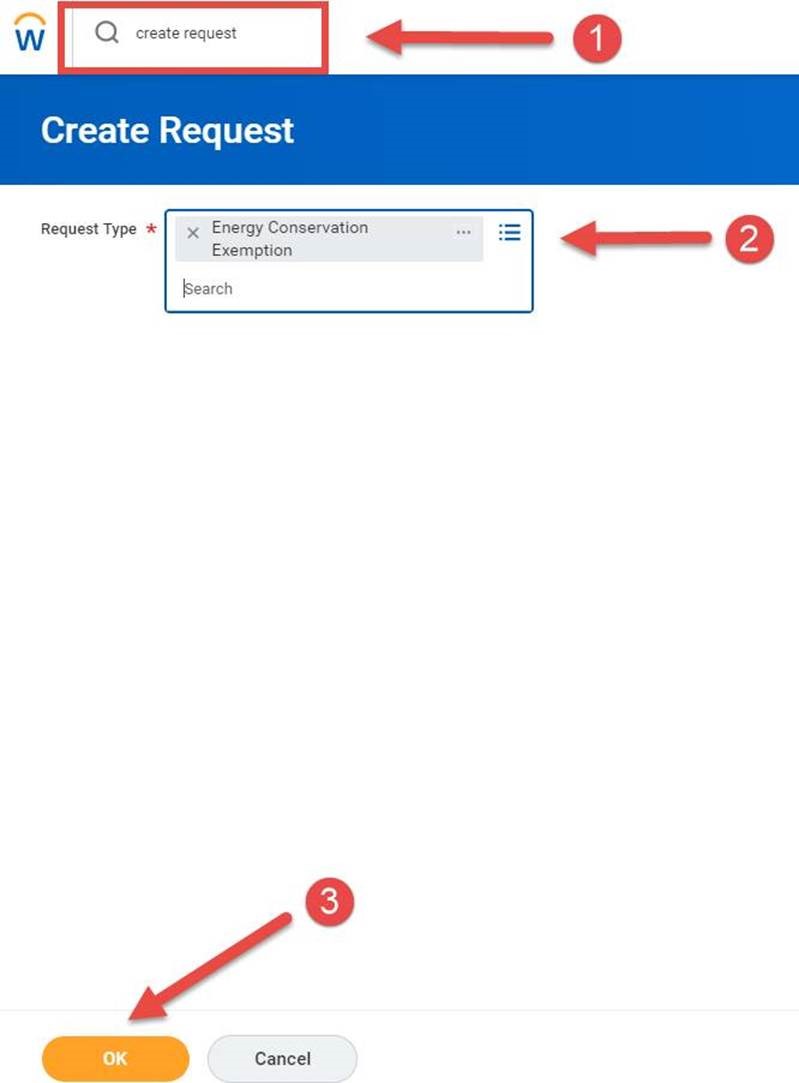New University-wide Energy Conservation Policy
FAU has adopted an Energy Conservation Policy to
- reduce energy consumption,
- increase operational efficiencies,
- improve air quality, and
- contribute to administrative efforts to contain fiscal expenditure.
This policy applies to all FAU employees, students, visitors, guests, tenants and contracted service providers.
Facilities Management is responsible for developing, implementing and monitoring energy management and conservation strategies. Faculty, staff, students, visitors, and contractor service providers, also have a responsibility to reduce individual impacts by adopting energy conservation measures. Access the Policy here.
Key Policy Points:
Occupancy Scheduling
Building occupancy: Monday through Friday from 7:00 am - 6:00 pm.
Operations outside of these days and times, including university recognized holidays, are considered unoccupied hours.
Space Temperature and Ventilation
Energy conservation also involves environmental controls to regulate temperature and ventilation in University-owned or controlled facilities and buildings. Temperature set-points are as follows:
A. Occupied times:
- Heated to a target temperature of 68 degrees with an allowable span from 66 degrees to 70 degrees.
- Cooled to a target temperature of 74 degrees with an allowable span from 72 degrees to 76 degrees
B. Unoccupied times:
- Heating unoccupied temperatures where technically and economically feasible will be allowed as low as 60 degrees.
- Cooling unoccupied temperatures where technically and economically feasible will be allowed as high as 80 degrees.
- Space temperatures maintained during designated unoccupied times may not be suitable for normal activities.
Please note: Due to the COVID-19 emergency, the amount of outdoor intake will not be reduced in any building. Outdoor air intake cannot be increased beyond Heating, Ventilating and Air Conditioning (HVAC) design specifications.
Lighting
Lighting in buildings that is not required to remain on for safety and security reasons or mission-critical operations must be turned off whenever the space is unoccupied, including but not limited to offices, classrooms, restrooms, and other common spaces. Custodians will be responsible for turning off lights when they are finished cleaning a space during unoccupied hours, or if the room is unoccupied during business hours. Individuals are not to tamper with or disconnect sensors installed to automate lights.
Exemptions (long-term) and Extensions (one-time or short-term)
Exemptions can be time, temperature or medical condition-related, and submitted on behalf of the individual or a department/small unit.
- A time exemption request may be submitted if mission critical tasks or operations normally extend beyond the building occupancy time indicated above and need to occur within the temperature range for occupied times.
- A temperature exemption request may be submitted if mission critical tasks or operations normally need to occur within a temperature range that is either not within the occupied or not-occupied temperature set-point ranges.
- A medical condition-related exemption request may be submitted for a time or temperature exemption based on an individual’s medical condition or disability.
Extensions are time-related only and are considered for short-term or one-time events occurring beyond occupied times that need to be within the temperature range for building occupied times as listed above.
Submitting a Request for Exemption:
- Certain university buildings have been granted building-wide exemptions due to the mission-critical operations occurring within majority of the spaces.
- Before submitting an exemption request, requestors must review the list of exempted buildings here. If you or your department is located within a building on the list, do not submit an exemption request.
You may submit an exemption request on behalf of yourself or your small unit/department through Workday. Click here.
|
1. In the main search field, type “Create Request” and press "Enter" Under "Tasks and Reports", select "Create Request" |

|
NOTE: Requests submitted through Workday require annual recertification aligning with the fiscal year cycle. Failure to recertify will result in the discontinuation of approved exempted circumstances/conditions.
Submitting a Request for Extension (special events, short-term or one-time):
Operators can request one time or short-term time-extensions to occupied hours of operation for the period of time needed by completing a Facilities Use Application or for student-events, completing a request in Owl Central.
Reporting
- What to report:
- Excessive energy use, such as open exterior doors. exterior lighting on during daylight hours, building temperatures below or above allowable policy limits
- Other related concerns
- How to report:
- Create a Work Order here, under “Type” and “Sub-type”, choose “Save Energy”
- Call work control to report at
- Boca and Jupiter Campuses call 7-2240
- Broward Campuses (Davie, Ft. Lauderdale, SeaTech) call 6-1534
- Harbor Branch Campus call 6-2246
We need your help to save energy! Here are some things you can do:
- Turn off any lights when room/area is not in use.
- Do not use space heaters, personal air conditioning units, humidifiers and dehumidifiers unless approved by Environmental Health and Safety.
- Do not place any heat or cool-emitting devices, equipment or appliances near thermostats.
- Activate built in power management features for computer and office equipment, to save energy during periods of inactivity.
- Place in sleep mode, turn off or unplug small appliances, such as coffee pots, when not in use.
- Do not prop open doors that are designed to be kept closed.
- Do not block HVAC supply, return and exhaust vents.
- Operate specialized equipment, including fume hoods, in a manner that reduces energy consumption, and adheres to ventilation and temperature controls, at all times while following all safety guidelines.
- Report excessive energy use or malfunctioning/non-functioning utilities.
- Email saveenergy@fau.edu your energy savings ideas.
For any additional inquiries you can send an email to saveenergy@fau.edu